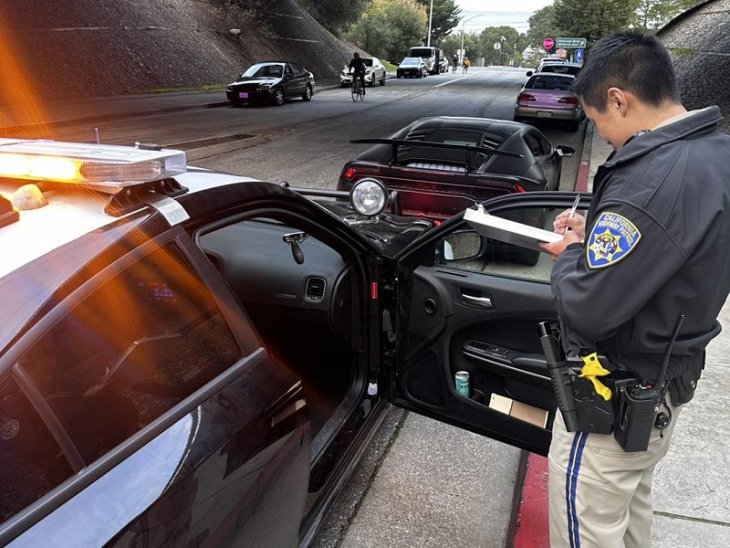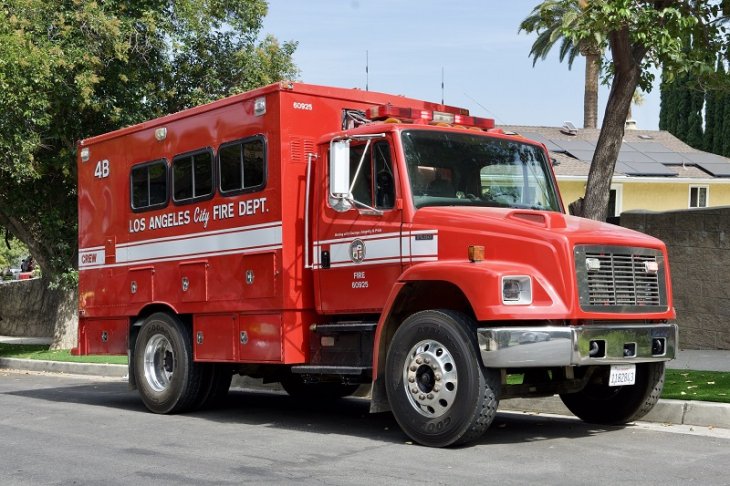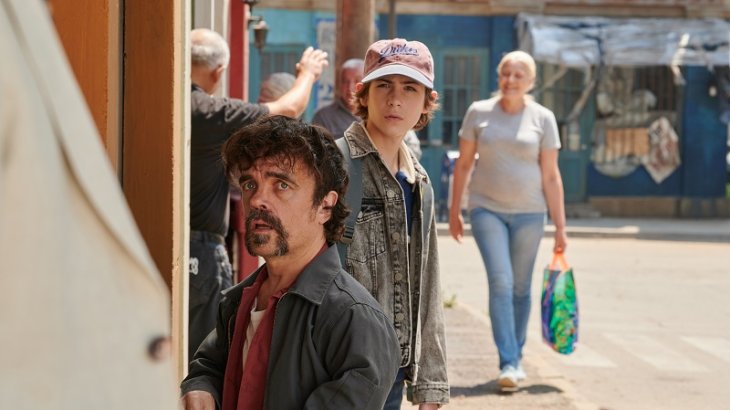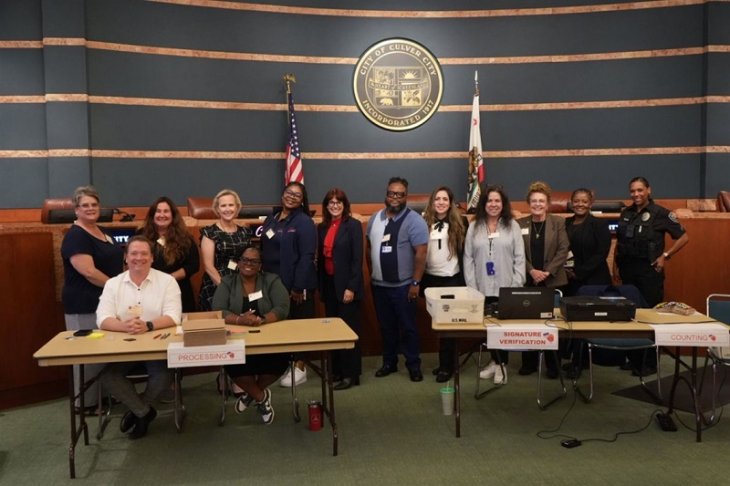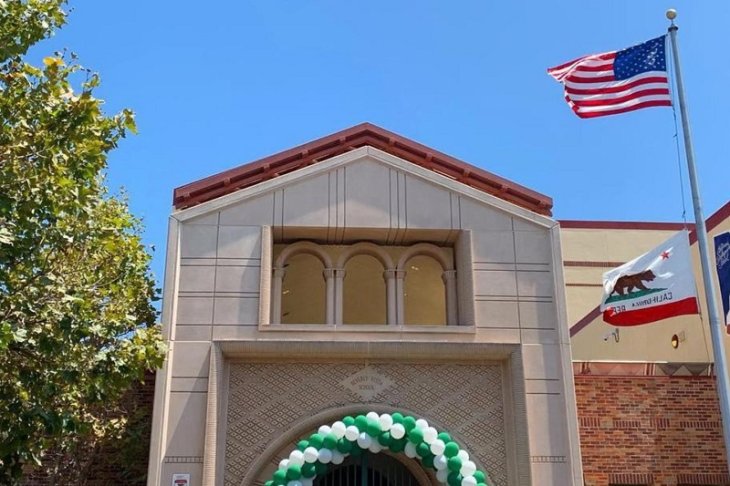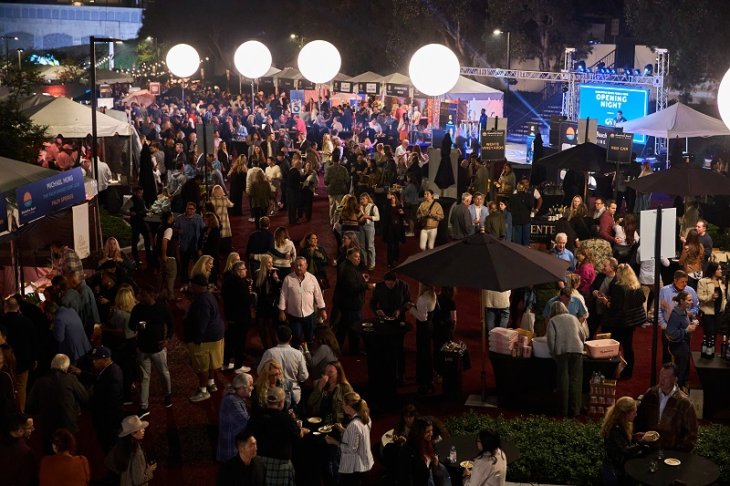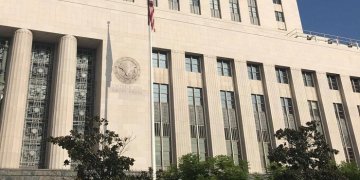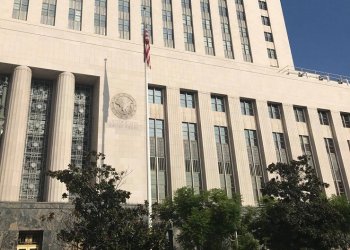In Los Angeles, CA, on August 20, 2012, one of youngest, female Civil Grand Jurors, was detained and then forced from the Clara Shortridge Foltz Criminal Courts Center building by a full complement of half a dozen sheriffs, a few attorneys and administrative personnel.
What does it say about our elite hierarchy- when despite no wrongdoing a grand juror in pursuit of their civic duties to the community can be dismissed for questioning the very systems and methods they are appointed to review in the course of their tenure?
Mrs. Dalcour claims she was pursued relentlessly following a complaint she filed with the Administrative Office of the Courts and a few other entities including the supervising Judge after which she states, she was called into a private interrogation that lasted an hour with no legal representation. Evidently she was pulled from her general assembly room more than once as she tried desperately to inform her colleagues (the remaining 22 jurors), about administrative legal errors and early problems surrounding confidentiality breaches which they were distinctly naïve in recognizing.
What is the Civil Grand Jury and what do they do? The Civil Grand Jury is a part of the judicial branch of government and hence, an arm of the court. They are an independent, investigating body of 23 members created for the protection of society and the enforcement of the law. The responsibilities of the Civil Grand Jury include the review and evaluation of all systems, methods, procedures and conduct of city and county governmental agencies and the public officials of such.
Since the Penal Code strictly governs the activities and powers of the Civil and Criminal Grand Jury, the integrity of the judicial system depends on the participants’ acting honestly and in accordance with the governing laws without fear of reprisals.
Threatening a judge, trying to bribe a witness, or encouraging the destruction of evidence, are examples of obstruction of justice. Federal and state laws make it a crime to obstruct justice. This type of obstruction in the federal courts is governed by a series of criminal statutes which aim to protect the integrity of federal judicial proceedings as well as agency and congressional proceedings. The law makes it a crime to threaten, intimidate, or retaliate against judicial officers, grand and petit jurors, and witnesses in a criminal or civil proceeding. Besides these specific prohibitions, there is a constitutional Omnibus Clause, which states that a person who “corruptly or by threats of force, or by threatening letter or communication, influences, obstructs, or impedes, or endeavors to influence, obstruct, or impede, the due administration of justice” is guilty of the crime of obstruction of justice.
Without such a closely and highly regarded unbiased watchdog institution we might as well assume that we are truly a plutocratic society instead of a democratic one.
It is quite unfortunate that in the 21st Century –the powers of the Civil Grand Jury can not only be obstructed by willful ignorance but their rights can be arbitrarily and unilaterally usurped by the wave of convoluted administrative practices that serve to undermine the very body that was created to analyze such things!
For more information on Dalcour: www.christiandefense.org




